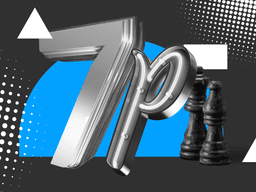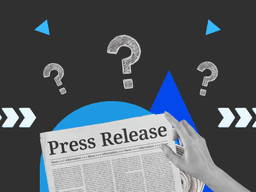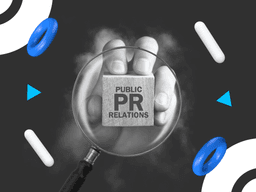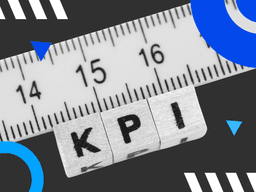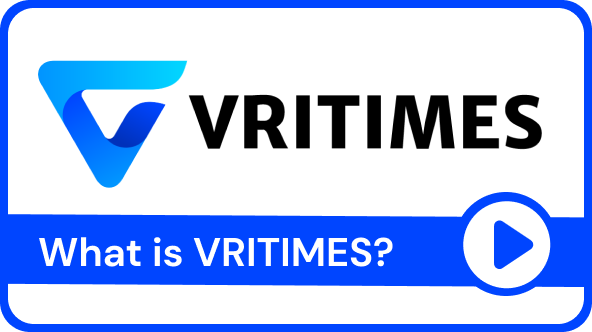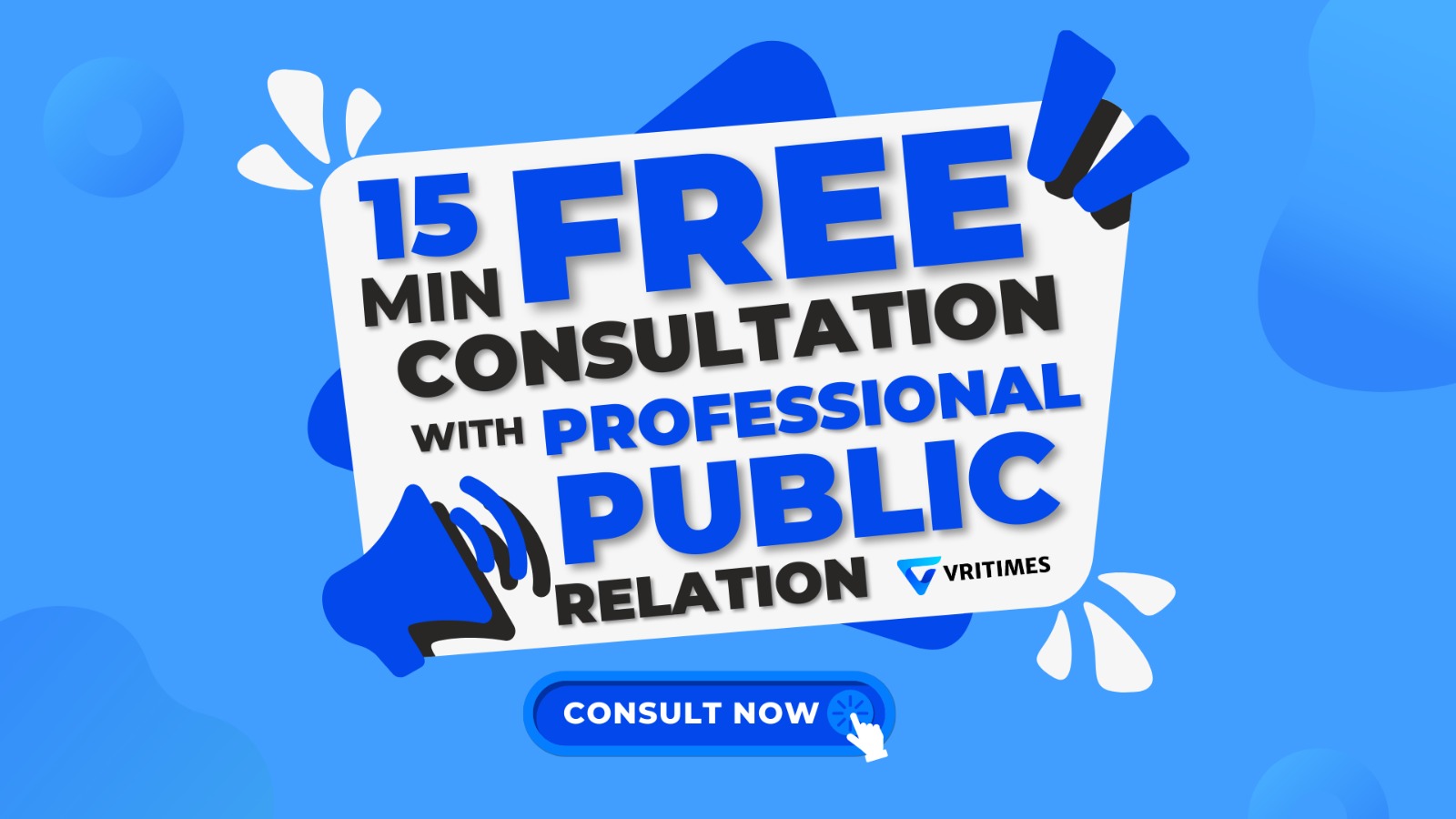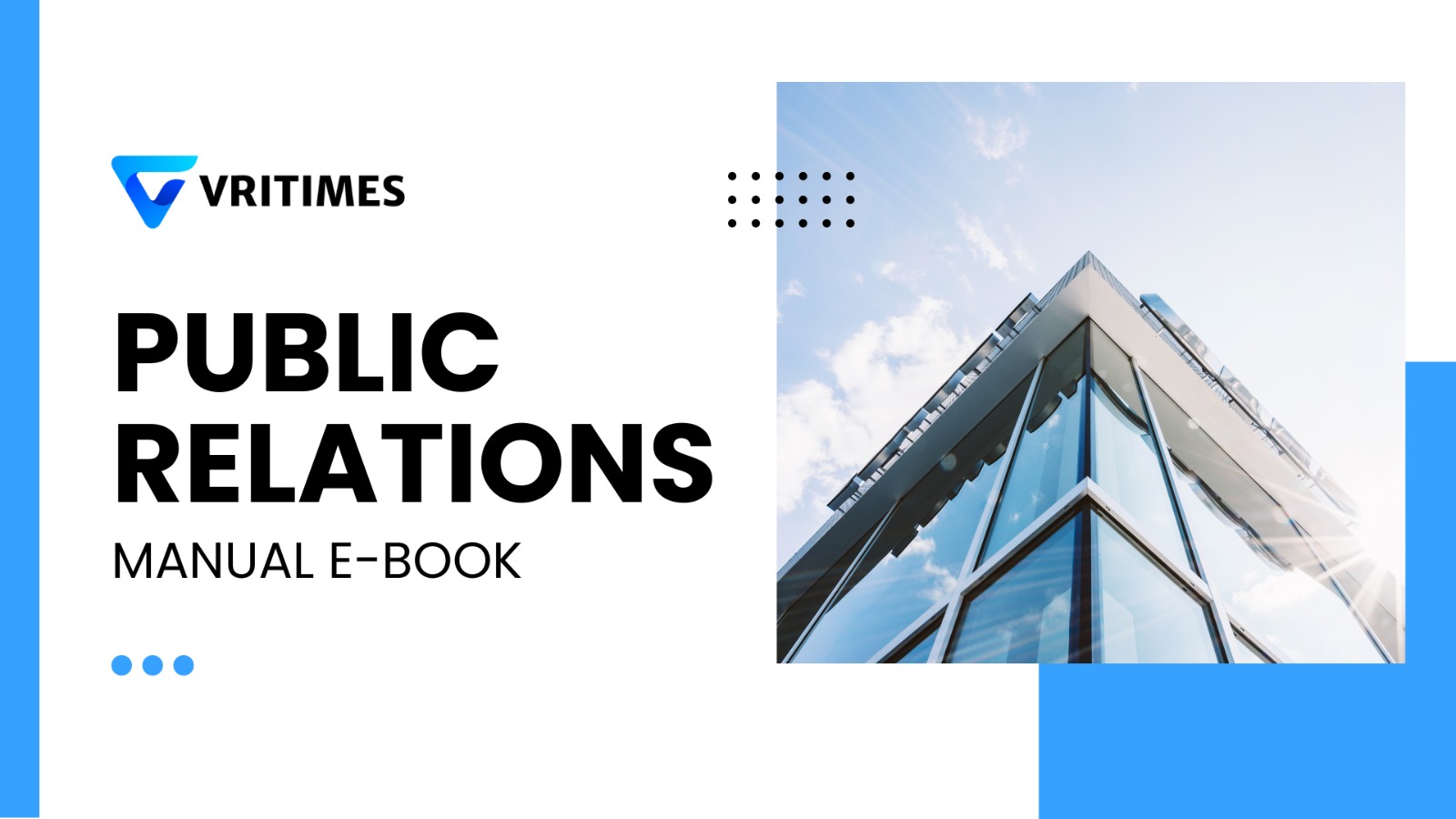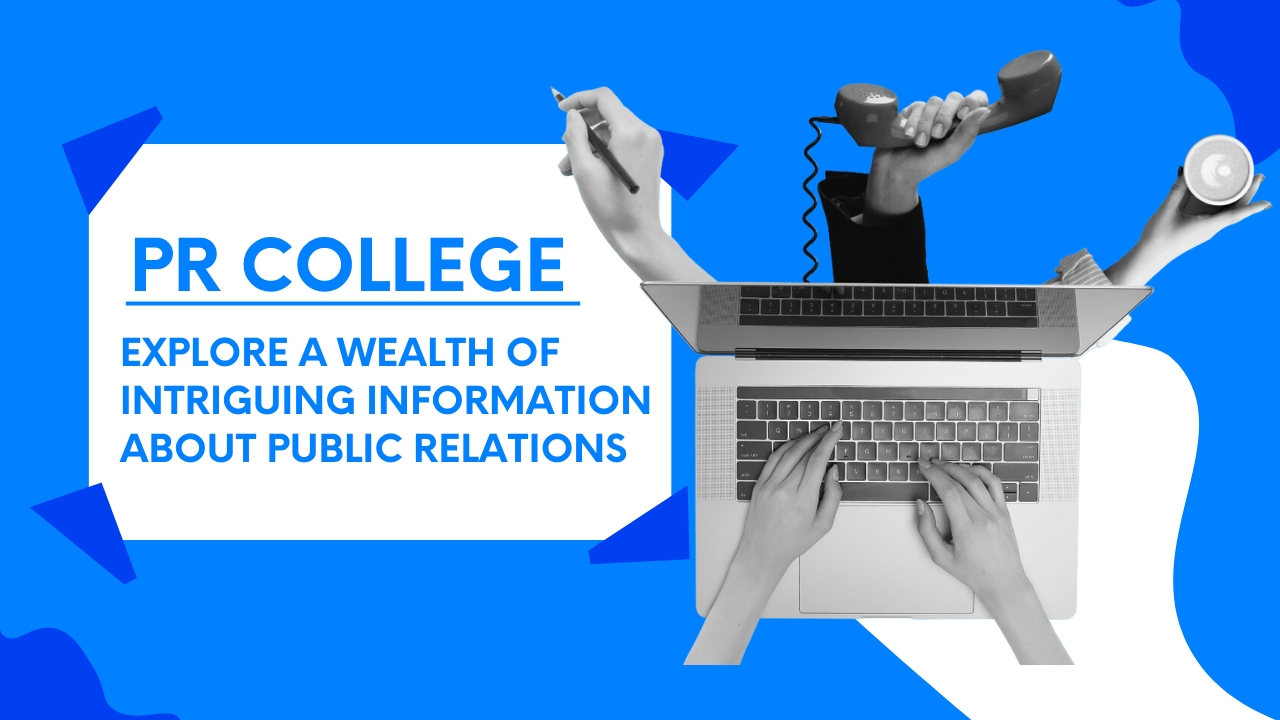/ The Secrets Behind Perfect Timing by Optimizing the Best Times to Send Press Releases
The Secrets Behind Perfect Timing by Optimizing the Best Times to Send Press Releases

Every organization, business, or individual has an important message they want to convey to as many people as possible in this rapidly evolving digital era. Press releases are the primary means of communicating news, whether it is about a new product launch or something else. However, an important question frequently overlooked is, "When is the best time to send this press release?"
Why is Timing So Important?
Information overload: In today's world, news and information compete for our attention. If you send a press release at the wrong time, your message may be lost in the rush of news traffic.
Media’s exposure: Journalists and editors are also subject to strict deadlines and schedules. Sending your press release at the right time can make a big difference in getting it noticed by the media.
Trending news: Some news is only relevant in specific contexts or at specific times. Knowing the latest news trends and adjusting your schedule can help you maximize their impact.
Finding the Right Timing
The question is, how do we determine the best time to send a press release? Here are some helpful hints and secrets:
1. Know Your Audience
Understanding your audience is the first step in determining the best timing. Who are you attempting to reach with your press release? Is it the public, stakeholders, or the media? Each audience group may prefer to receive information at a different time. Consumers, for example, may be more responsive on certain days or times, whereas the media may have different work schedules.
2. Know Your Industry
When it comes to news and important events, each industry has its own rhythm. The hospitality industry, for example, may have peak holiday seasons, whereas the technology industry may have large events such as conferences and product launches. Knowing key times in your industry can help you identify the best times to send press releases.
3. Review the Annual Calendar
In addition to understanding your industry, consider the annual calendar. There are numerous significant events and dates that can impact your reaction to the news. This could include national holidays, important anniversaries, or annual business events.
4. Understand the Media Schedule
Journalism follows a set schedule, particularly in print and online media that publish regular editions. Understanding this schedule will assist you in determining the best time to send a press release. The beginning of the week is usually a good time because the editor is looking for news for the following edition.
5. Make use of data and analytics
In the digital age, we have access to a wide range of data and analytical tools that can assist us in determining optimal timing. This could include conducting a historical analysis of when previous press releases received favorable coverage, or observing your target audience's online behavior to determine when they are most active.
When is the Best Time to Send Your Press Release?
The best time to send a press release depends on your audience, industry, and the other factors mentioned above. However, there are some general guidelines that can assist you in determining the appropriate timing:
1. Beginning of the Week: Generally, sending press releases at the start of the week, particularly on Tuesdays and Wednesdays, is a good idea. This is due to the fact that many media outlets are looking for news for upcoming editions.
2. Midday: Most journalists are more responsive at this time of day. Sending press releases too early or late in the day should be avoided.
3. Avoid Weekends: Avoiding sending them on weekends, especially Fridays, can be a good idea. Many journalists and media editors will be in "weekend" mode and may not have much time to consider your message.
4. Stay Flexible: Remember that there are some events you cannot predict. If a significant event occurs that is relevant to your message, consider changing your sending times to accommodate the current situation.
The timing of your press release is critical to its success. You can increase the chances of your press release being noticed by the media and your target audience by understanding your audience, your industry, and other factors that influence timing. Do your homework and trust your instincts; you'll be rewarded with better news coverage and a bigger impact.


